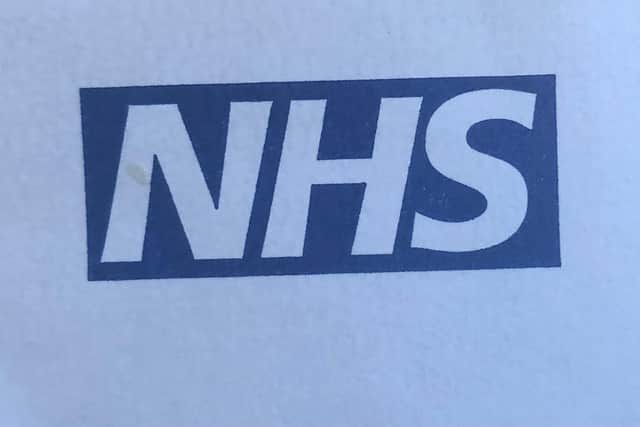How long does Covid last? What are the symptoms of long Covid? What are the treatments? The NHS explains
As of the week ending December 16, the Office for National Statistics reported that 2.21 per cent of the population of England or one in 45 people have had Covid-19.
Around one in 50 people in the UK have experienced self-reported long Covid.
How long does Covid last?


Advertisement
Hide AdAdvertisement
Hide AdAccording to the NHS, Covid-19 can cause symptoms that last weeks or months after the infection has gone. This is sometimes called post-Covid-19 syndrome or ‘long Covid’.
The recovery time of Covid-19 can differ from person to person.
Many people recover in a few days or weeks and most will make a full recovery within 12 weeks. But for some people, symptoms can last longer than that.
The chances of having long-term symptoms does not appear to correlate with how ill you are when you first get Covid-19.
Advertisement
Hide AdAdvertisement
Hide AdPeople who have had mild symptoms initially can still have long-term Covid problems.
What are the symptoms of long Covid?
There are numerous symptoms that may linger on after having a Covid-19 infection.
These include:
- Extreme tiredness (fatigue)
- Shortness of breath
- Chest pain or tightness
- Issues with memory and concentration (also known as ‘brain fog’)
- Difficulty sleeping (insomnia)
- Heart palpitations
- Dizziness
- Pins and needles
- Joint pain
- Depression and anxiety
- Tinnitus, earaches
- Feeling sick, diarrhoea, stomach aches, loss of appetite
- A high temperature, cough, headaches, sore throat, changes to sense of smell or taste
- Rashes
Advertisement
Hide AdAdvertisement
Hide AdWhat to do if you think you are experiencing long Covid symptoms?
If you are concerned about symptoms four weeks or more after having Covid-19, contact your local GP.
To contact your GP:
- Visit their website
- Use the NHS App
- Call them
For more information about how to use the NHS during the Covid-19 pandemic, visit their website.
What happens at your GP appointment?
Your doctor will ask about your symptoms and how they are impacting your life.
Advertisement
Hide AdAdvertisement
Hide AdThey may suggest some tests to find out more about your symptoms which could help rule out other causes, which include:
- Blood tests
- Checking your blood pressure and heart rate
- A chest X-ray
What treatment and support will you receive?
Your doctor will discuss with you the care and support you might need.
You are likely to be given advice about how to manage and keep an eye on your symptoms at home.
If the symptoms are having a severe impact on your life, you may be referred to a specialist rehabilitation service or a centre that specialises in the symptoms you have.
These services can help you manage your symptoms and in turn help you recover.
Comment Guidelines
National World encourages reader discussion on our stories. User feedback, insights and back-and-forth exchanges add a rich layer of context to reporting. Please review our Community Guidelines before commenting.